
Constipation Care
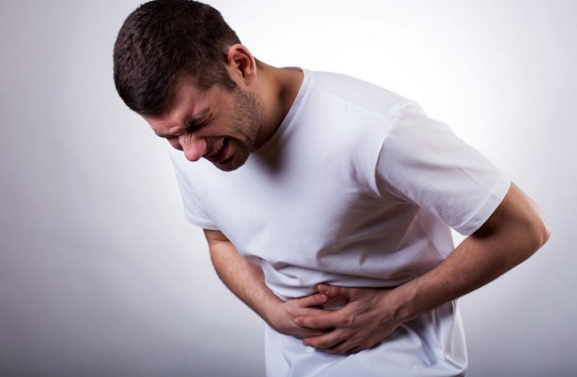
What is Constipation?
Constipation occurs when bowel movements become less frequent and stools become difficult to pass. It happens most often due to changes in diet or routine, or due to inadequate intake of fiber.
Clearing your stomach every morning is a very healthy sign. It shows that your body’s metabolism is working perfectly fine and your diet is also proper.
Factors that cause Constipation
Food Intolerance
Intolerances and allergies, such as to gluten or lactose, cam make digestion difficult and back up your system.
Intestinal Diseases
Constipation can be a symptom of conditions, such as celiac disease, irritable bowel syndrome (ibs) or IBD.
Nutritional Deficiencies
A lack of fiber or forgoing a well balanced diet can affect the gut’s ability to break down food
Medication
Certain medication and reactions to ingredients can cause constipation as a side effect.
Caffeine
Drinking caffeine triggers water absorption and can cause dehydration and thus, constipation.
Important to Note
There are over 200 varieties of cancer and a third of us will suffer from it during our lives.
- 22% of the adult Indian population are suffering from constipation. Of these, around 13% complain about severe constipation.
- About 6% of the Indian population suffers from constipation due to comorbid conditions.
- Diabetics are 2.2 times more prone to constipation as compared to people who are not suffering from diabetes.
- Patients with hypothyroidism are 2.4 times likely to develop constipation as against those without hypothyroidism.
- People with anorectal disorders have more than 2.7 times the likelihood of associated constipation.
- pregnant women (which accounts for 25% of all pregnancy cases) suffering from constipation.
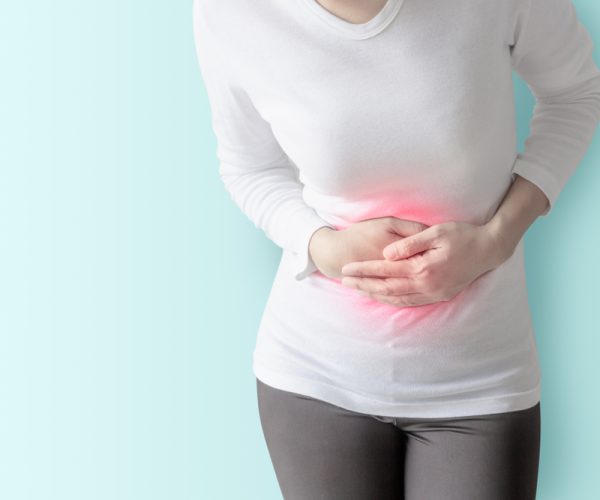
22 percent of Indian adults suffer from constipation: Abbott Gut Health Survey (medicaldialogues.in)
Reason for low milk supply
Some of the reasons for low breast milk supply could be:
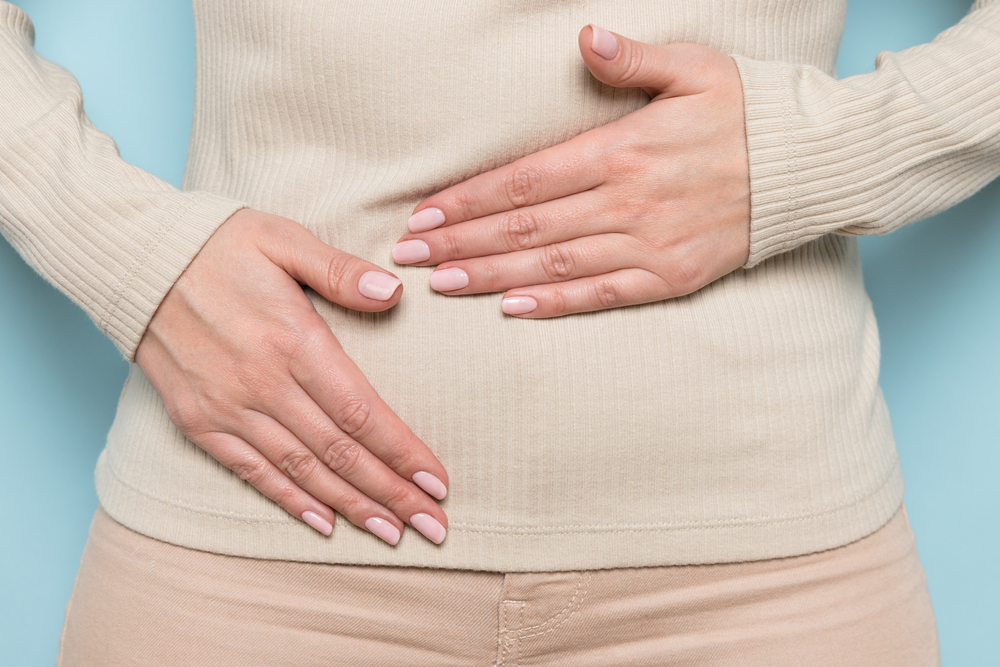
Bloating
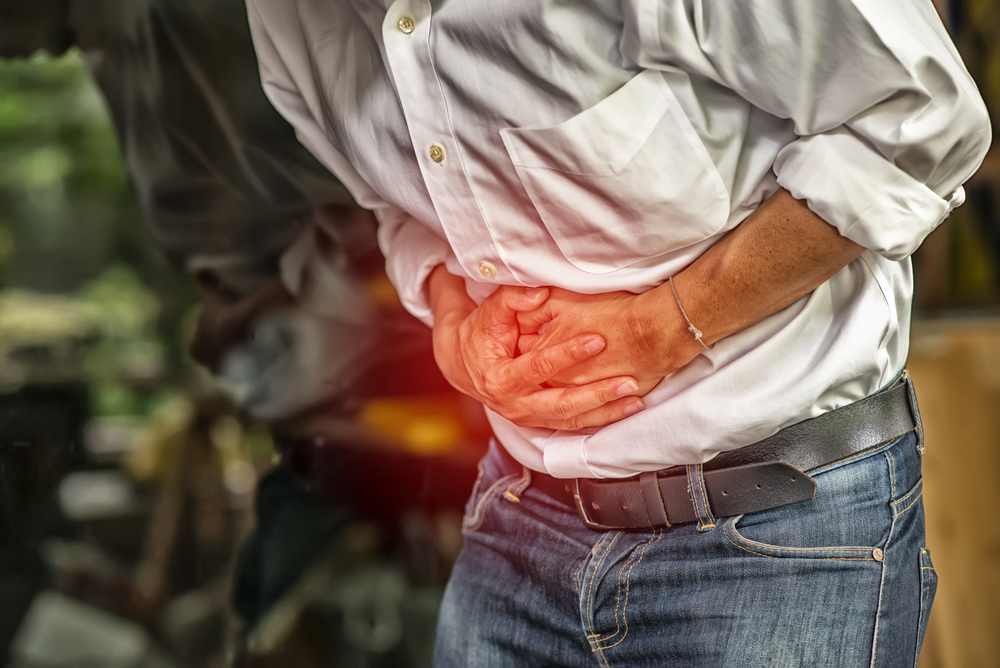
Abdominal Pain
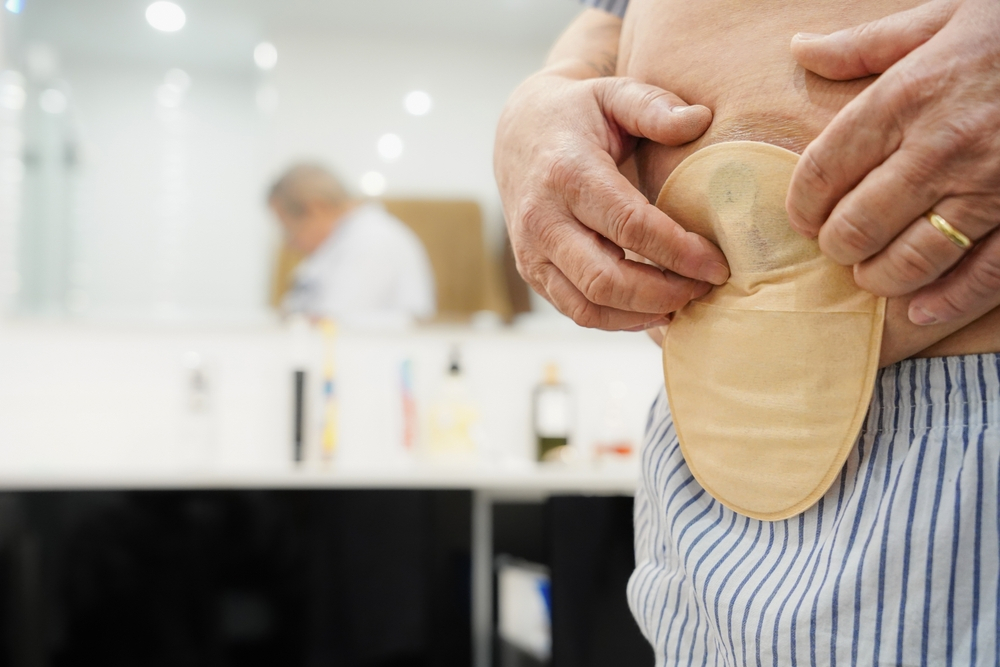
Stool changes
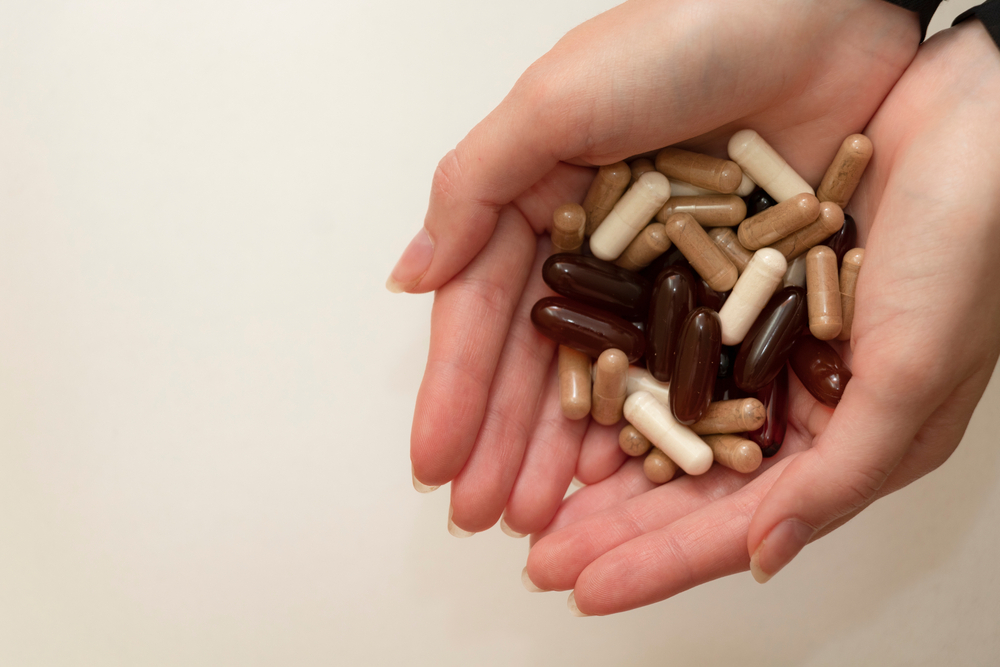
Allopathic treatments
For most people constipation rarely causes complications, but people with long-term constipation can develop:
- Haemorrhoids (piles)
- Faecal impaction (where dry, hard stools collect in the rectum)
- Bowel incontinence (the leakage of liquid stools)
- Anal Fissures (Tears in the lining of your anus from hardened stool trying to pass through)
- Stress Urinary Continence (Damage to your pelvic floor muscles from straining to move your bowels)
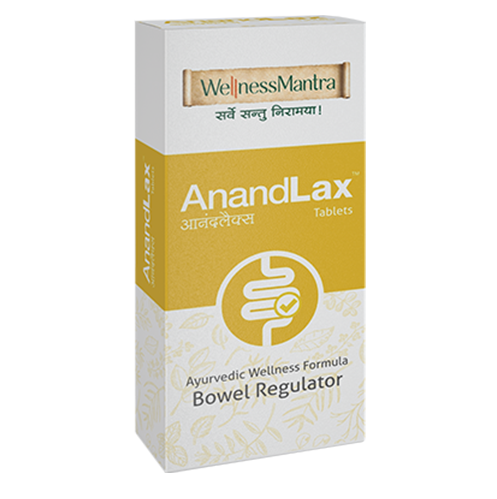

AnandLax Tablets
Say Good Night with "ANANDLAX™ Tablets for a Good Morning!
The removal of toxins and waste from the body is a natural and ongoing process that takes place through faces, urination and perspiration. When any of these excretions get hampered, it intoxicates the body and results in various ailments.
